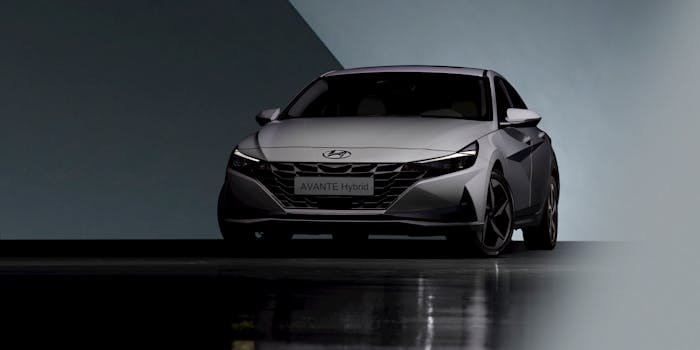Electric or Hybrid: Which Option Suits You Best?
With the rising concern for the environment and the need to reduce our carbon footprint, more and more car buyers are leaning towards electric and hybrid vehicles. But with so many options available, it can be overwhelming to determine which option truly suits your specific needs and lifestyle. In this article, we’ll take a closer look at the differences between electric and hybrid vehicles and help you make an informed decision on which option is the best fit for you.
The Basics: Electric vs Hybrid
Electric Vehicles (EVs)
Electric vehicles, as the name suggests, run on purely electric power and do not require any fossil fuels to operate. They are powered by an electric motor which is run by a battery pack that is either charged by plugging it into an external power source or through regenerative braking, which converts the vehicle’s kinetic energy into electrical energy to recharge the battery.
EVs produce zero emissions and are considered to be the most sustainable option for transportation, making it a popular choice for environmentally conscious individuals. According to the Environmental Protection Agency, a standard electric vehicle can save an average of $770 per year in fuel costs compared to traditional gasoline cars.
Hybrid Vehicles
Hybrid vehicles, on the other hand, combine both an electric motor and a traditional gasoline engine to power the vehicle. They can be driven on pure electric power for a certain distance and then switch to the gasoline engine when the battery is depleted. Hybrid vehicles also use regenerative braking to recharge their battery pack while driving.
Due to their dual power sources, hybrid vehicles emit less pollution and have better fuel efficiency compared to traditional gasoline cars. However, they still rely on gasoline and produce emissions, albeit at a significantly lower rate.
Cost Considerations
One of the biggest concerns for car buyers is the cost of owning an electric or hybrid vehicle. Typically, EVs come with a higher price tag compared to traditional gasoline cars due to their advanced technology and battery pack costs. However, governments around the world offer tax incentives and rebates for EV owners, making them more affordable in the long run.
On the other hand, hybrid vehicles often have a price point closer to traditional gasoline cars and may not qualify for the same incentives as EVs. However, their fuel efficiency and lower maintenance costs can make up for the initial cost difference over time.
Range and Charging Options
One of the main concerns with electric vehicles is their range, or the distance they can travel on a single charge. While this technology has improved significantly in recent years, EVs still have a limited range compared to traditional gasoline cars. This means that for longer trips or road trips, EV drivers must plan their route and make stops for charging along the way.
Hybrid vehicles, on the other hand, have a longer range thanks to their gasoline engine. This makes them a more practical choice for longer trips, as they do not require frequent charging stops. However, to truly maximize their benefits, hybrid vehicles do need to be regularly charged to utilize their electric motor and avoid excessive use of gasoline.
Which Option is Right for You?
Ultimately, the decision between electric and hybrid vehicles comes down to your individual needs and lifestyle. If you primarily use your car for short commutes and want to reduce your carbon footprint, an electric vehicle might be the right choice for you. However, if you frequently travel longer distances or want the benefits of both electric and gasoline power, a hybrid vehicle might be a better fit.
You should also consider your access to charging options. If you have access to a charging station at home or work, an EV may be a more convenient option. However, if you do not have easy access to charging stations, a hybrid vehicle may be a more practical choice.
In Conclusion
Both electric and hybrid vehicles have their own unique benefits and choosing between the two can be a tough decision. By considering factors like cost, range, and charging options, you can determine which option truly suits your lifestyle and needs. Regardless of your choice, either option is a step towards a more sustainable future, and as technology continues to advance, electric and hybrid vehicles will only become more efficient and accessible.








